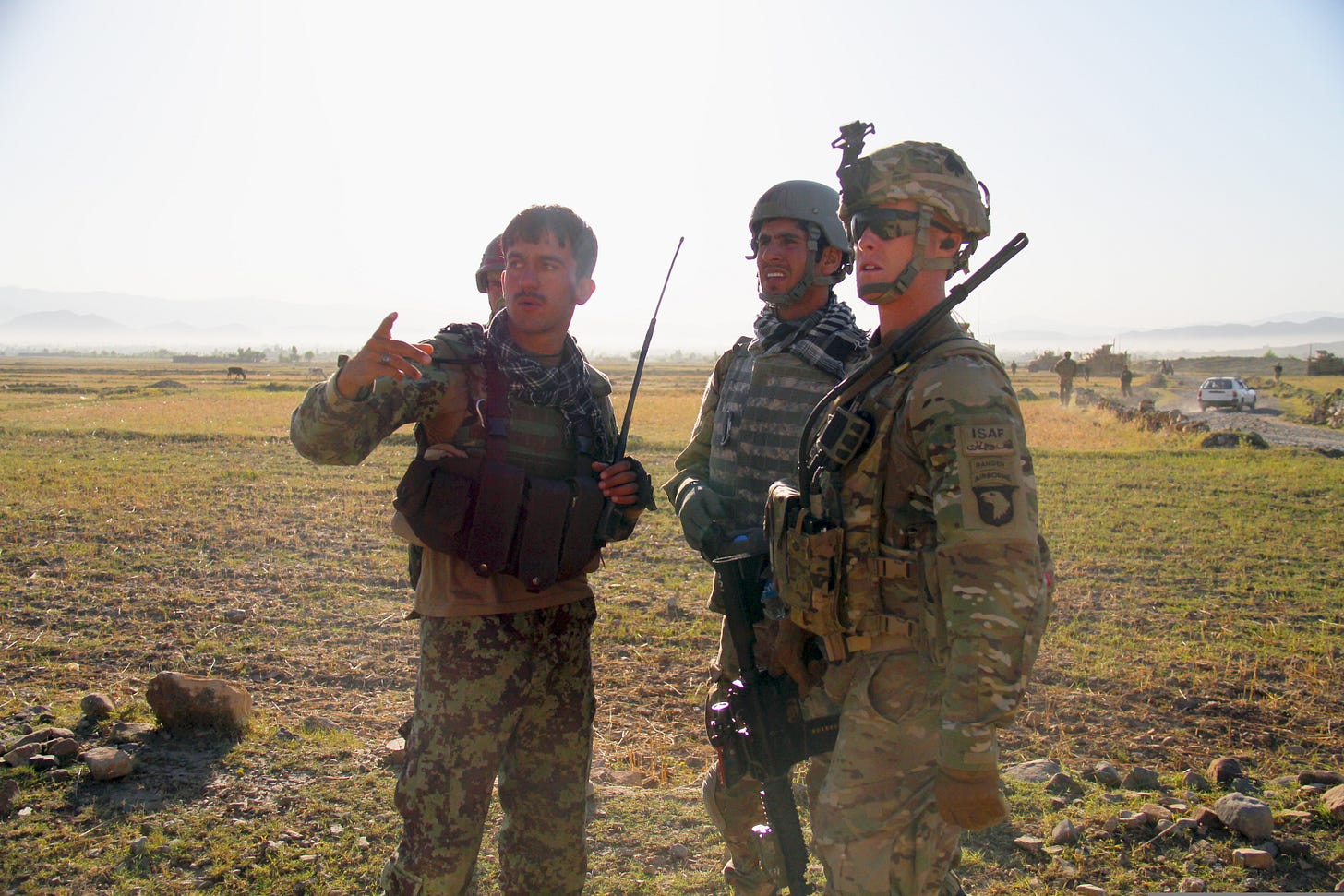
As this week kicks off, I hope everyone is off to a strong and positive start. For many of us, including myself, the days are filled with responsibilities and service to individuals and families who have come to the United States in search of a better future. It’s a privilege to help people from all walks of life begin their new chapters in safety and dignity. But while we work tirelessly to support those who made it out, we must not forget the thousands who remain behind — those who risked everything for our shared ideals: freedom, democracy, and preventing another 9/11.
I’m talking about our Afghan allies — the interpreters, soldiers, and others who stood shoulder to shoulder with U.S. and NATO forces for two decades during Operation Enduring Freedom. These are not just nameless helpers. They are unsung heroes. Many saved American lives, endured fire, and carried our values in the world’s most dangerous places. They fought — and many continue to fight — not just for their homeland but for the freedoms we enjoy in the United States.
Let me be clear: I am not a politician, aligned with any media outlet, left or right, or the head of a so-called nonprofit that profits off the pain and plight of Afghans. I am a witness, a survivor, and a voice for those who have been silenced or forgotten.
From Teenage Interpreter to Advocate for the Forgotten
My name is Nasirullah John Safi, and I served as a U.S. military combat interpreter during one of the most dangerous and defining periods of the war in Afghanistan. I joined the mission at 15, stepping into a world no teenager should ever face. While most teenagers worldwide were attending school, navigating adolescence, and dreaming of their future, I was on the frontlines—interpreting in firefights, translating during raids, and serving as a cultural advisor for U.S. forces. Many people still ask me how I did it. The truth is, I had no other choice. My country was in ruins, and I believed in the promise of a better Afghanistan—one we had collectively endorsed after the fall of the Taliban in 2001. We believed in a vision: a nation built on equality, education, opportunity, and justice. A place where women would no longer be stoned for their gender. Where girls could attend school. Where everyone, regardless of ethnicity or gender, would have a voice and a future. For a while, it felt like that vision was within reach. We built schools. We protected communities. We watched women join Parliament, and young girls dream big.
But August 2021 shattered those hopes.
With the stroke of a pen under the so-called Doha Agreement, the Taliban—those we fought against for two decades—were handed power. What followed was not just a political failure but a humanitarian tragedy. People who had stood by our side, risking their lives and families for freedom, were left behind. Some were executed. Others disappeared. Many are still in hiding—betrayed by a process prioritizing politics over people.
When I joined the U.S. military as a teenager, I didn’t fully understand the risks—neither the physical dangers nor the long-term emotional toll. But I knew this: I wanted to be part of something bigger than myself. I believed in the mission. I thought of America’s promise. For almost nine years, I served side by side with American soldiers. Every day was unpredictable. I often came face to face with death. But I held onto hope. I hope that our sacrifices will mean something. That our allies would never be abandoned. That we would live up to the ideals we fought for.
“There are one in a million encounters in life where you meet people you know will change the world or someone’s outlook. The American government and our allies owe him (John) a debt of gratitude for the thousands of lives he has saved due to his experience and knowledge. Absolutely grateful for our friendship and family addition.”
-Kevin Devine, Command Sergeant Major, U.S. Army
I joined some of the bloodiest battles—moments so harrowing they’ve been immortalized in movies and documentaries. I carry the scar on my right arm, a permanent reminder of the day insurgents fired a rocket-propelled grenade and left me wounded. That scar is not just a mark of survival but a daily reminder of the sacrifices and war we fought. But while I carry these memories, my deepest fear is that those we left behind will be forgotten.
I lost many brothers and sisters in arms, and the pain of losing them, including my brother-in-arm Specialist Alexander J. Miller in 2009, remains raw. He was more than a soldier—he was a brother to me. For over a decade, I have worn a bracelet in his memory, never taking it off, as a small but unyielding promise to honor his sacrifice and our bond. When I was shot, shrapnel tore into me, a brutal reminder of how close I came to losing my life. The mental strain, the physical dangers, the trauma, and the countless emotions I’ve carried from supporting American soldiers weren’t mine alone to bear. I’ve faced death more times than I can count, its shadow a constant companion. My unwavering commitment to the U.S. mission came at a cost—not just to me but to my family.
I’ll never forget the moment I learned that Ahmad, my eldest brother, had been deadly injured by insurgents in an improvised explosive device attack. Shrapnel riddled his body, and he lay in a hospital bed far away, fighting for his life. I was powerless to be by his side, to comfort him or our family. The news left me shocked, panicked, and heartbroken.
Years later, while I was continuing my work supporting the U.S. government (CIA), tragedy struck my family once again. My younger sister, Fatima, was shot multiple times, her body torn apart by violence she never deserved to endure. She survived, but only after enduring countless surgeries and unimaginable pain. The physical wounds may have been stitched, but the trauma, the nightmares, and the deep scars—both seen and unseen—remain unhealed.
In a relentless sequence of sorrow, my brother-in-law and his innocent seven-year-old child, who had no connections to American soldiers, were brutally killed simply because my two brothers and I chose to support American soldiers. Yet, the next day, I shouldered my rifle, strapped on my comms scanner, and donned my gear. Through the pain and anguish, I pushed forward, standing beside my brothers and sisters in arms deep in the Hindu Kush mountains, knowing that our mission demanded everything I had to give—even when my heart was breaking. It did not stop here, I wish it, but the atrocities and brutalization continued– This is the story of every single unsung hero who fought shoulder to shoulder with us and now needs our help.
My phone never stops ringing from those who sacrificed everything to support the war on terror, yet they remain at the mercy of the Taliban. I co-wrote an article with former NSA Michael Waltz and Major (ret) Jason Criss Howk in 2020. One of the unsung heroes we mentioned is still awaiting his visa. While he waits, he has lost family members and lives in hiding. Aziz, who was wounded while supporting American soldiers, fought against the same terrorists now controlling the country—terrorists that brand him a traitor, an infidel, and a high-profile target because, in the eyes of the Taliban, he has forsaken Islam.
My biological brother, who supported American forces for many years, is also left behind. He regularly writes to inquire about his Special Immigrant Visa but has been receiving the same response for over three years now: “The National Visa Center (NVC) has received all documentation necessary to complete your Chief of Mission (COM) application. Your documents are with the COM designee. The COM designee cannot estimate how long the review will take.”
Every morning, I am tormented by the fear that something might have happened to them. Aziz and thousands of other combat interpreters are trapped behind enemy lines, waiting for a promise that was sealed, fighting shoulder-by-shoulder with our American brothers and sisters.
Nasirullah John Safi is a former U.S. military combat interpreter who served alongside American forces for nearly a decade in Afghanistan. Beginning his service at just 15 years old, he played a vital role as a linguist, cultural advisor, and frontline partner during some of the most dangerous missions of the war. Now based in Oregon, he is an outspoken advocate for Afghan interpreters and refugees, a recognized public speaker, and a published author.
Nasirullah is the author of three books:
📘 Get the Terp Up Here! – A gripping memoir from the frontlines of Afghanistan.
📘 Indispensable – The untold stories of wartime interpreters and their sacrifices.
📘 A Thousand Miles to Freedom – A powerful narrative of escape, resilience, and hope.

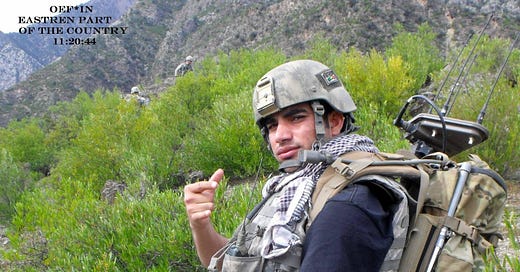


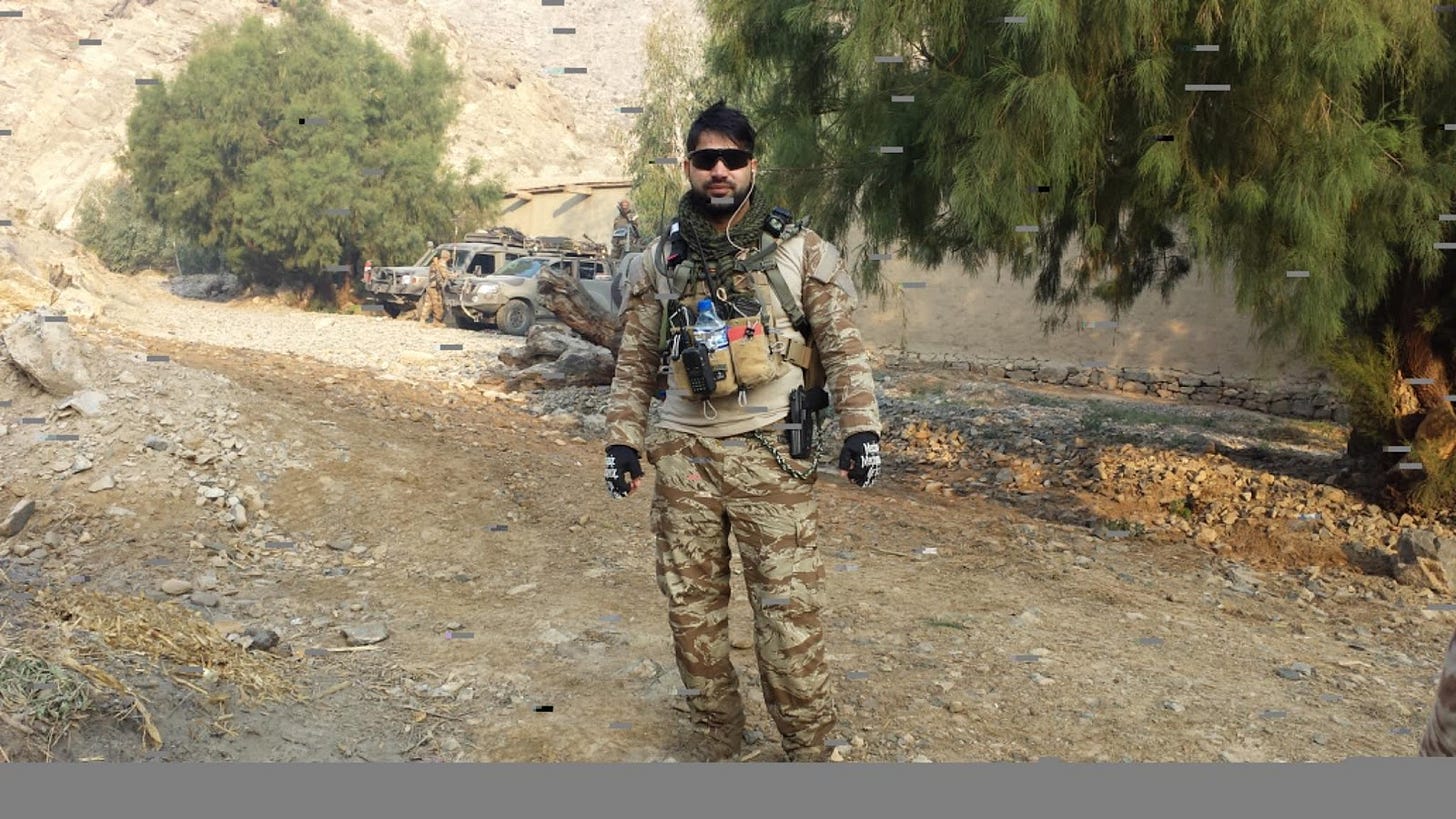
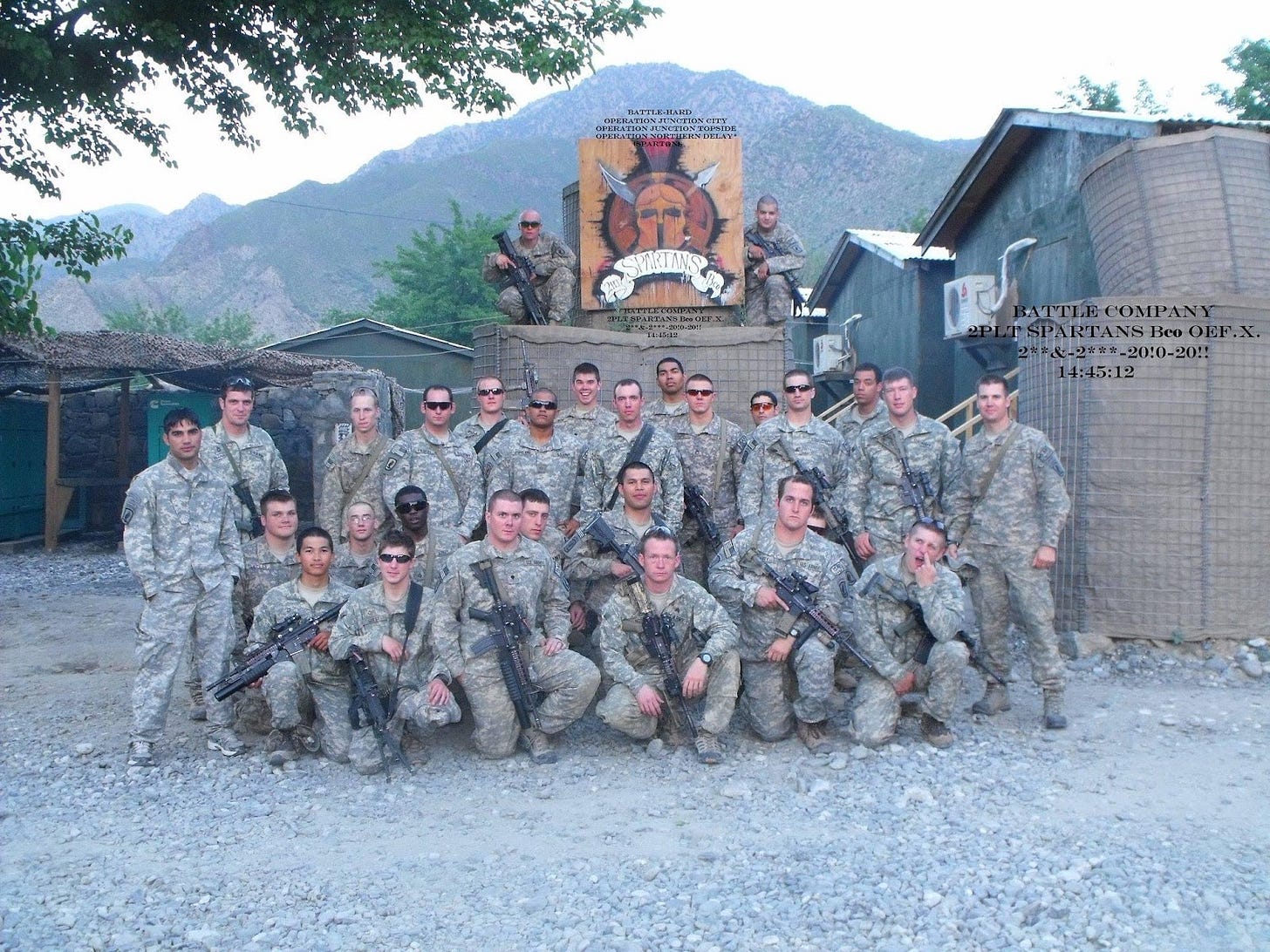
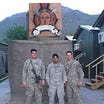
Two more I know about, both just received approval for their visas after years in refugee areas... just when Trump 'n Musk cancelled all Afghan's visas. Both have Americans ready to pay their airfare from Pakistan to the US and help them resettle.
Both were too young to sign up for our military so the focused on studying so they could help build their new democracy, trusting in our promise and vision of a better world. One has a group of Jewish friends from a college fellowship, the other has 4 older brothers who joined the US and UK militaries and are safe now but cannot help their younger brother. And unless Trump lifts the ban on Afghans with visa applications, Pakistan may deport both back to prison, torture and/or death by Taliban.
Anyone willing to spend 15 min emailing, calling or typing in an elected Rep or Senator's contact window?